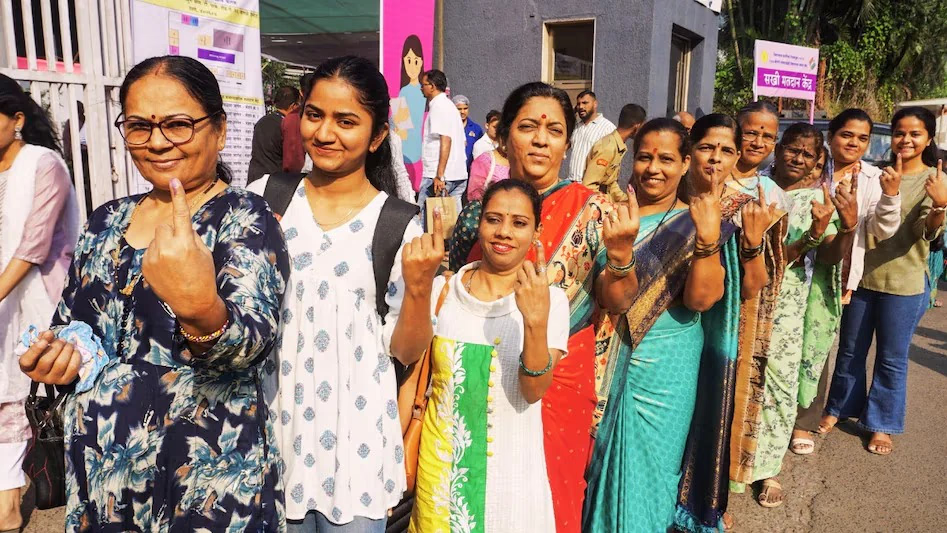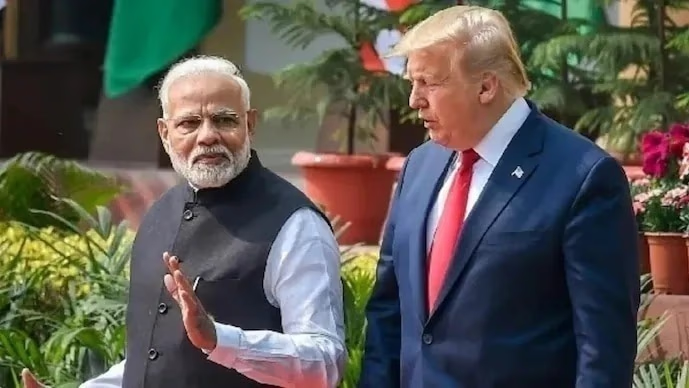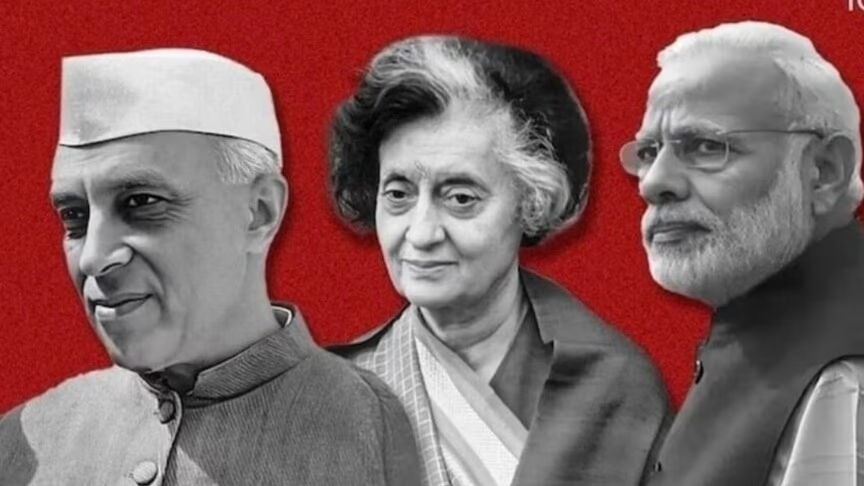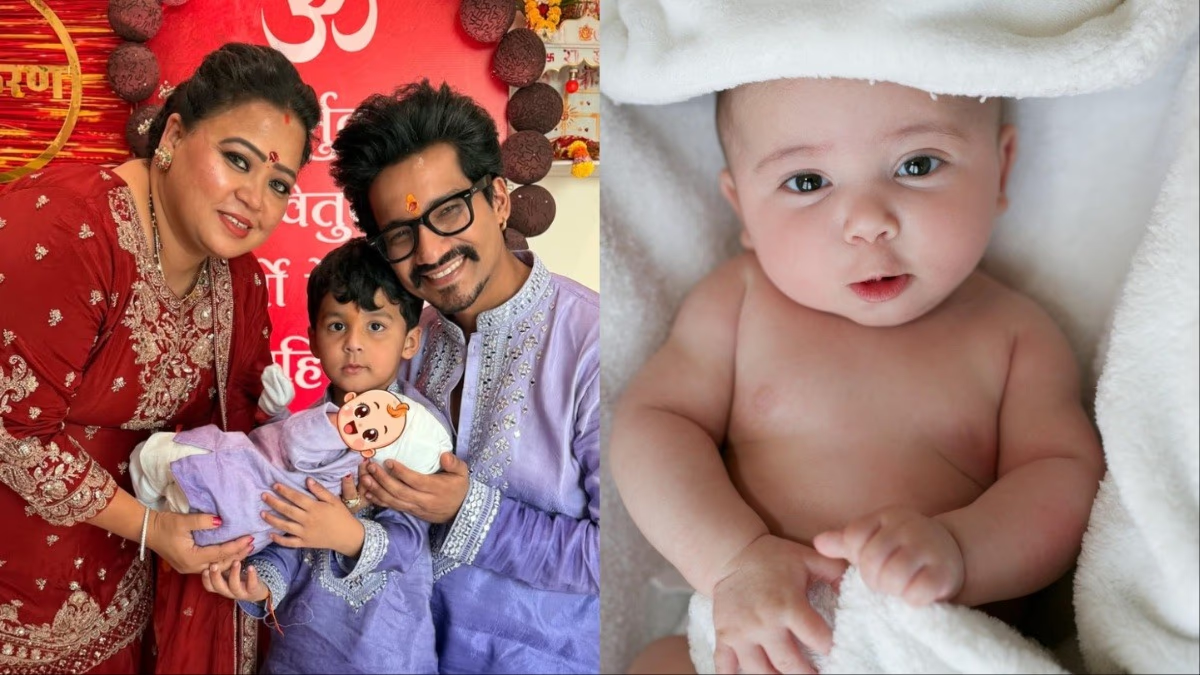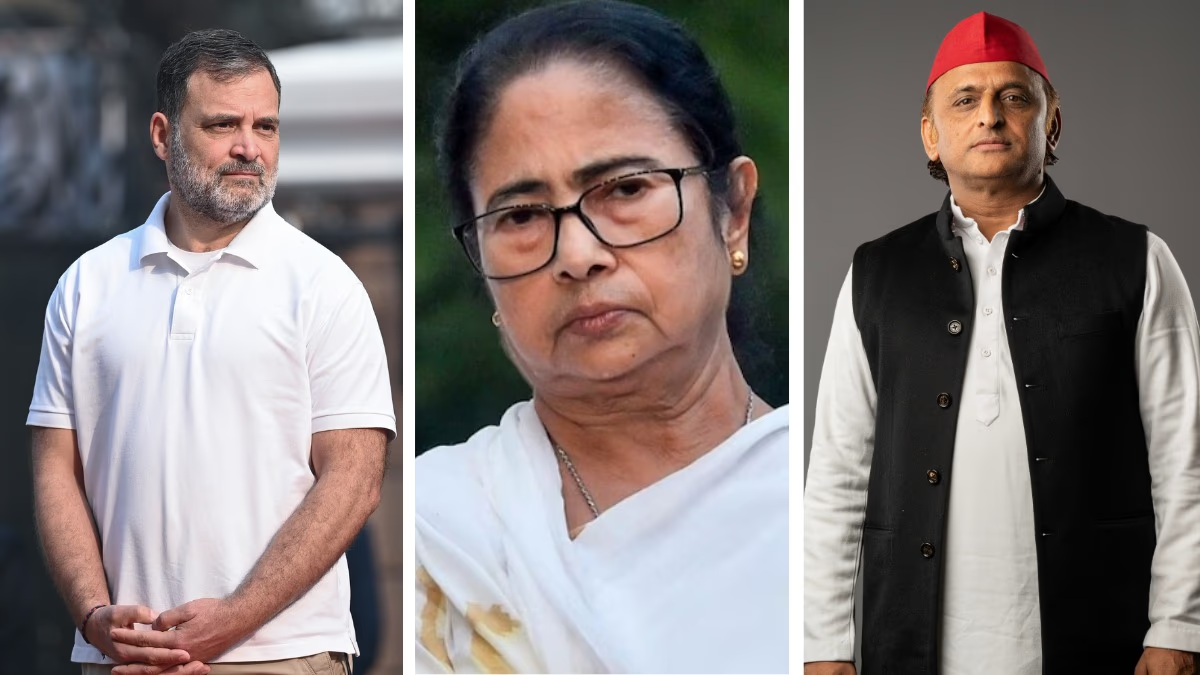In an effort to captivate the female electorate, all major political factions have rolled out significant schemes for the Delhi Assembly elections. Yet, when it comes to nurturing female political participation, all parties find themselves on nearly identical footing. Each of the big three parties has handed tickets to fewer than 13% of women candidates.
It's an uncanny coincidence that the democratically prominent Aam Aadmi Party, BJP, and Congress have fielded an equal number of female candidates across 70 seats. But identical numbers don't translate into equality in participation. Each party has offered tickets to merely 9 female candidates, tallying less than 13%.
"Plans for Women, But..."
All major parties are making grand promises to woo female voters. Some offer a stipend of 2100 INR per month, while others are pushing the envelope to 2500 INR. To ease household chores, LPG cylinders are being offered at just 500 INR.
Moreover, free health services for elderly women alongside complimentary bus travel are also part of the allure. However, the one thing not being offered seems to be participation. Of the total 699 candidates, only 96 are women, and it is the smaller parties and independent female candidates that have nudged the percentage up to around 14%.
Some Benefited from Political Lineages
Even among those who secured tickets, many owe their candidacy to their family's political background. For instance, in Uttam Nagar, where Aam Aadmi Party legislator Naresh Balyan is jailed, his wife Pooja Naresh Balyan has been given the ticket.
Similar patterns are visible in the BJP and Congress, where daughters or wives of previous legislators and councilors have been nominated. Yet amidst this scenario, Delhi's formidable leaders like Atishi, Shikha Rai, Alka Lamba, Rekha Gupta, Rakhi Birlan, and Ragini Nayak emerge. These women have climbed the political ladder on their merit, with several making waves in student politics, now stepping forward as harbingers of female empowerment in the Assembly.
While the numbers speak a somber truth, the spirit of these few showcases a relentless pursuit for progress in female political representation. Optimism remains high among constituents yearning for tangible change and hoping these elections bolster the voice for gender parity and inclusivity.
